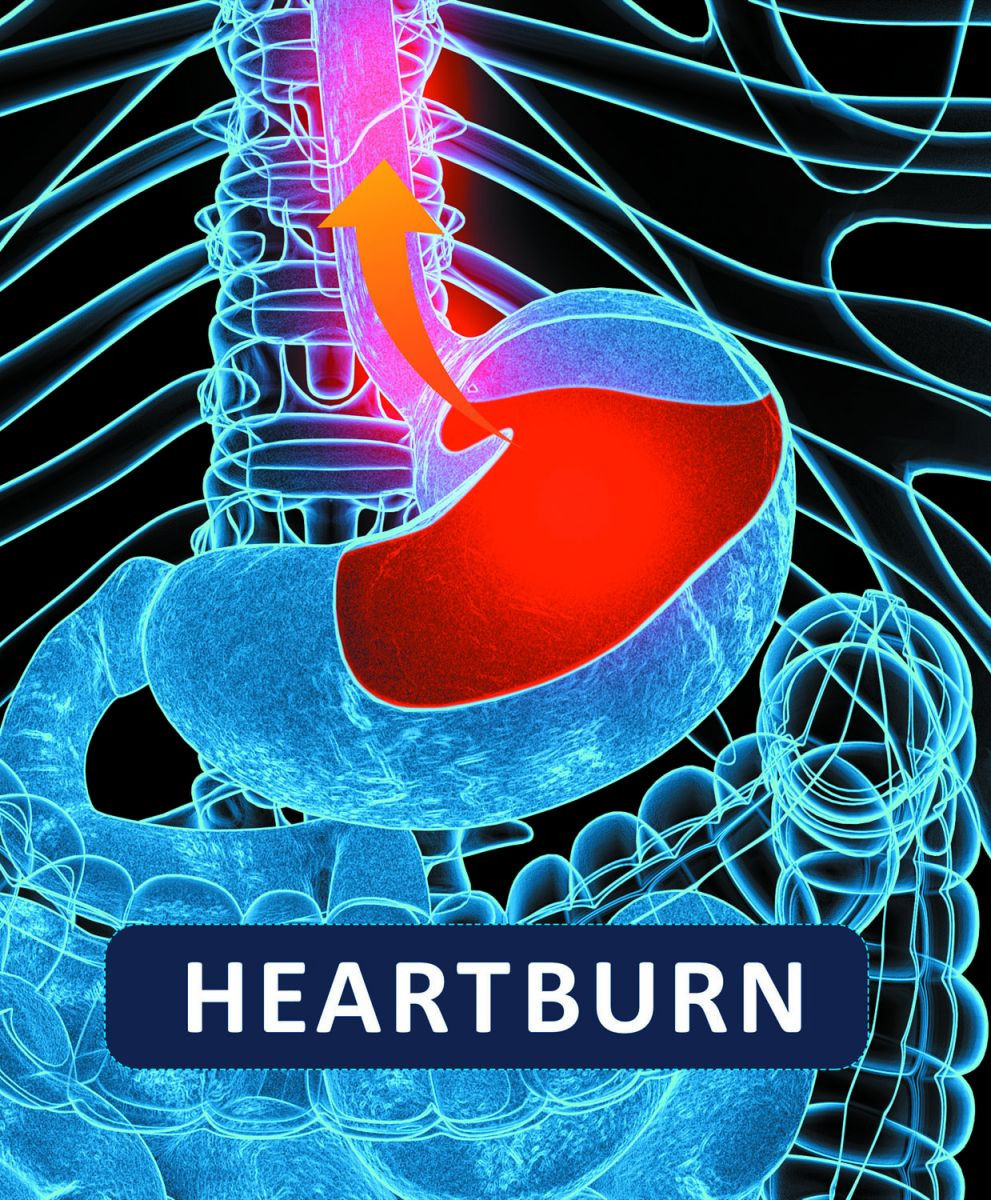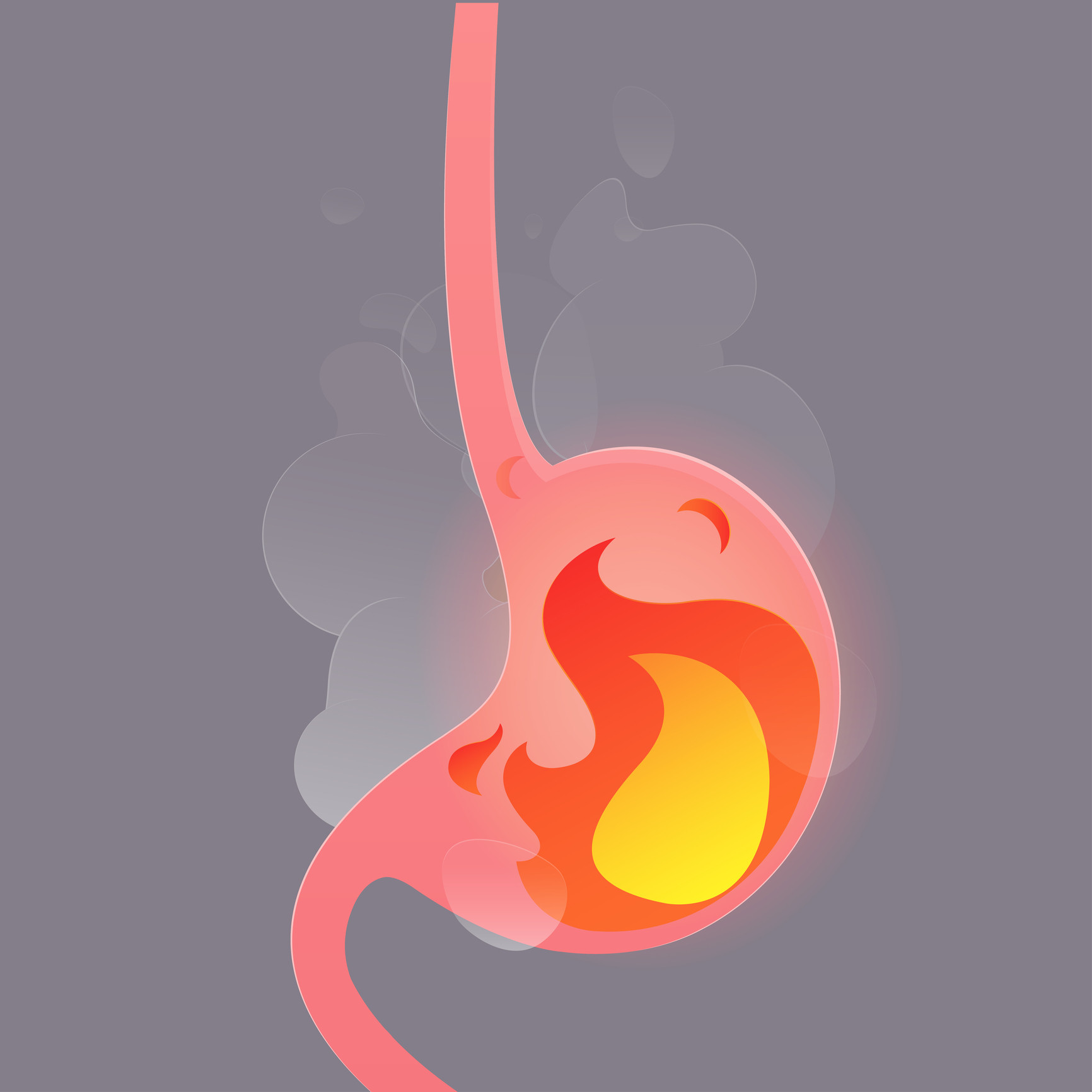
Can white noise really help you sleep better?

Celiac disease: Exploring four myths

What is prostatitis and how is it treated?

What is Cushing syndrome?

Exercises to relieve joint pain

Think your child has ADHD? What your pediatrician can do

Foam roller: Could you benefit from this massage tool?

Stepping up activity if winter slowed you down

Common causes of cloudy urine

Dragon fruit: How to enjoy this antioxidant-rich fruit
Digestive Health Archive
Articles
Digestive enzyme supplements for heartburn?
A digestive enzyme supplement can be helpful for people who have difficulty digesting certain foods, but taking one to treat a condition such as heartburn may or may not provide any relief.
Fermented foods for better gut health
Naturally fermented foods have been getting the attention of health experts because they contain beneficial probiotics that may help strengthen your gut biome — the bacteria and microorganisms in your digestive tract.
Harvard Health Ad Watch: Why are toilets everywhere in this drug ad?
An ad for a medication featuring a person sitting on a toilet in multiple settings is eye-catching, but as with most drug ads, it doesn't provide some important information — such as common symptoms of the condition the drug is meant to treat.
Should I worry about the side effects of proton-pump inhibitors?
People with esophagitis (esophageal inflammation) can use proton-pump inhibitors to manage their acid reflux. This kind of medication can protect against scarring and narrowing of the lower esophagus.

Can white noise really help you sleep better?

Celiac disease: Exploring four myths

What is prostatitis and how is it treated?

What is Cushing syndrome?

Exercises to relieve joint pain

Think your child has ADHD? What your pediatrician can do

Foam roller: Could you benefit from this massage tool?

Stepping up activity if winter slowed you down

Common causes of cloudy urine

Dragon fruit: How to enjoy this antioxidant-rich fruit
Free Healthbeat Signup
Get the latest in health news delivered to your inbox!
Sign Up











